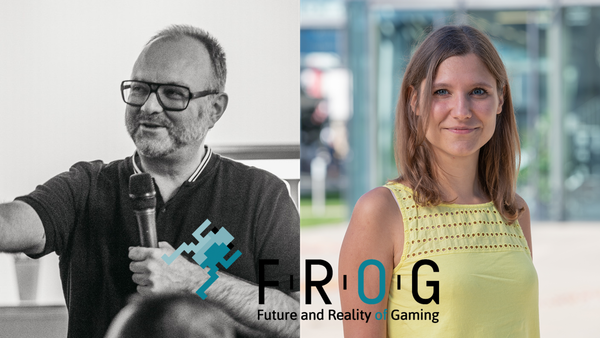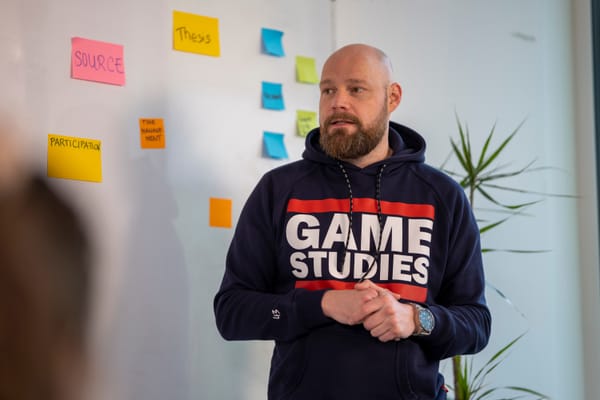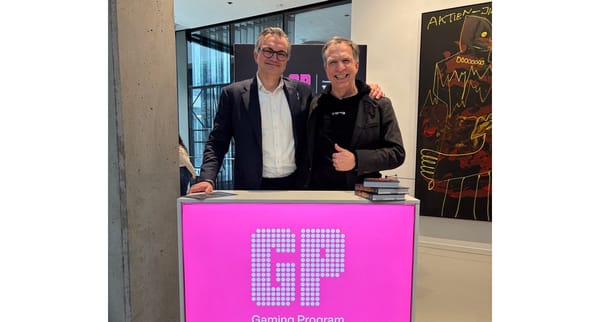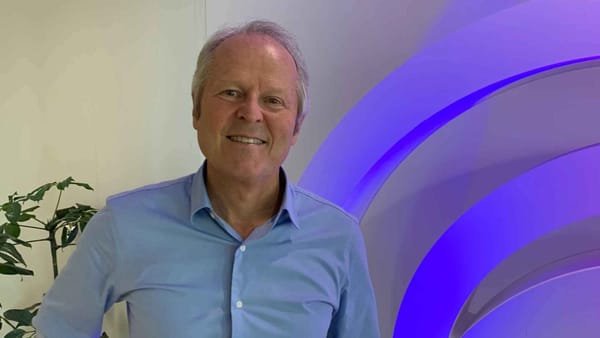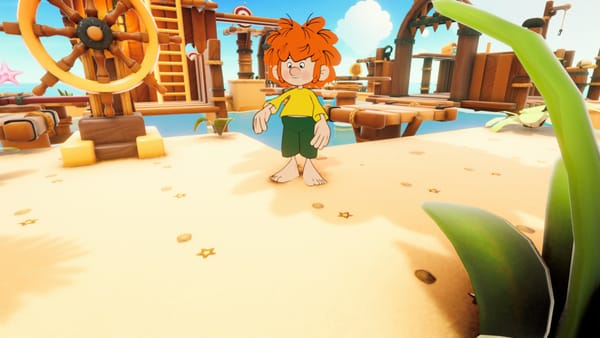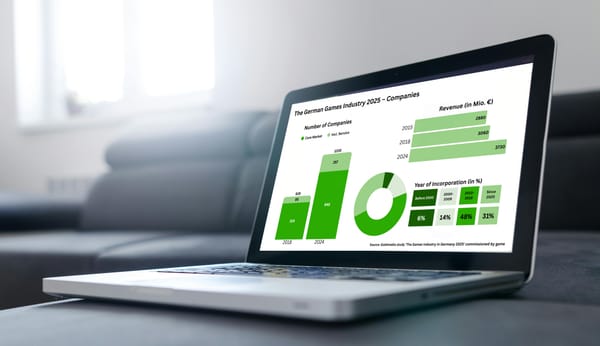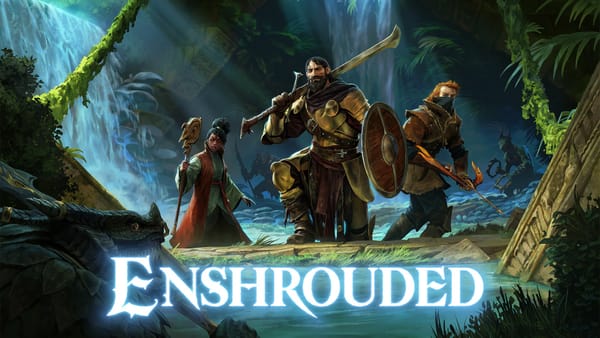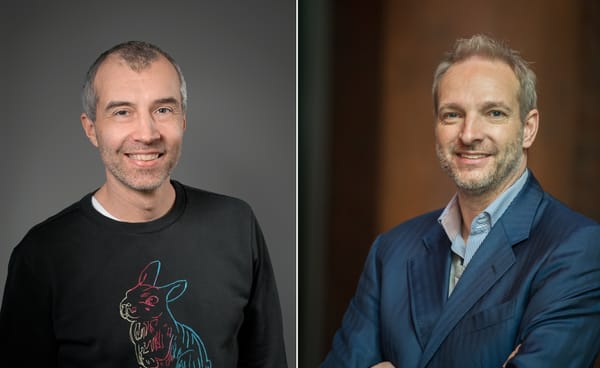Tobias Kopka: "Ideas and Action Flow Swiftly"
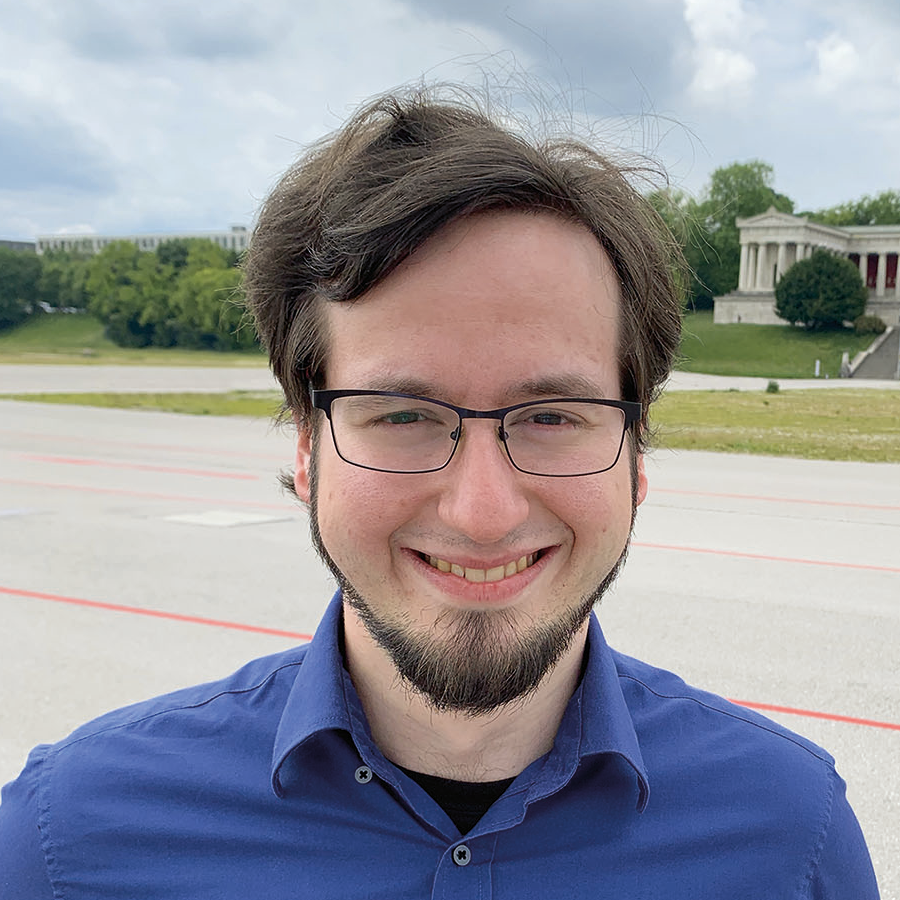

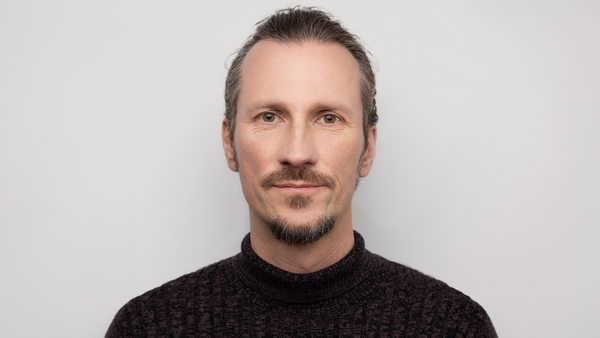
gamescom congress 2024 has been the biggest so far – not least because of the new location at the Confex and a bigger cast of speakers. We talked to program manager Tobias Kopka about this year's challenges and successes, as well as the direction change in the big political panel.
First and foremost: Was the gamescom congress 2024 a success from your standpoint as programme manager?
Yes, absolutely! From my perspective as program curator, we are delighted with how the 2024 edition turned out to be. Behind the scenes, we set the stage for testing many new things at gamescom congress, and with record attendance and much positive feedback, it seems we are hitting the right tone.
The speakers and content got much positive feedback already upfront at the conference, and introducing our two focal topics, “Games and Democracy” and “Games and AI,” resonated with many guests this year! Also, we tested a few new congress formats, like the creative networking session and fishbowl discussions, which functioned more organically than panel-discussions and talks. In general we wanted to give people more opportunities to network, so we introduced first time the gamescom-app at gamescom congress - so our attendees and speakers could network better upfront and on-site, we introduced more seating areas, we placed a networking cafe, and so on. So, the thoughts behind the program are closely connected to all event features. Together with our partners at KoelnMesse and game e.V. we could create a new event experience, which was very successful this year. And the best thing is that it was not only about the record numbers but also about laying the ground for success in future years via many incremental steps.
gamescom congress has changed locations for the first time this year, into the Confex, the same building devcom now inhabits. Both can present record attendances this year. Was the new building part of this success in your opinion, and what else was?
As a facilitator, I think that Confex is a great location for bringing people together. It has a range of room sizes, open areas to play with, great tech, and lots of opportunities to grow within.
We especially liked the possibility of hosting the whole gamescom congress on one level so that all attendees could rub shoulders inbetween all sessions and, of course, in the breaks. As important as the content and talks are for a conference, when people are on site, they also want to see each other and mingle, as that is where new opportunities emerge. Hence, we always think about how to create spaces that let new connections happen in serendipity. The layout of Confex helps with this for sure.
Secondly, the balance of a wide range of topics at the congress, coupled with the introduction of focus topics, was a hit with attendees. This approach helped to provide a common thread amidst the abundance of themes across the eight stages and workshop rooms, ensuring that all attendees could find relevant and engaging sessions.
And last but not least, now in our fourth year, the team continues to strengthen the collaboration with key stakeholders of gamescom congress at game—the German Games Industry Association, KoelnMesse, the State of NRW, KölnBusiness, and Stadt Köln. This growing partnership enhances mutual understanding and trust, significantly contributing to the event's success as well. As you understand what is important to the other parties, which makes ideas and action flow swiftly. And especially this year, everybody was excited about the opportunities in the new venue. So good energy on all ends!
A move always brings challenges with it. How was it to organise a congress for the new location?
This ties back to the last question: a new venue is a big challenge each time. But it also allowed us to try many new things without the fear that things might not work out. As not only for the team, but also for the audience, it was their first time at Confex. So it was not so much about the challenges of room sizes and stage placement as of how the room feels, which formats work, or how people will flow from A to B, etc. - these questions are standard and a first event in a new venue is a learning journey anyway. You make some informed choices, see what works, and you iterate next year.
Our biggest worry though was "habit": will people find the new place? As, whenever you change locations after many years, the risk is that people go to the old place out of habit and then, in our case, have to traverse the whole gamescom until they arrive at the southwestern end. Hence, we added a “more prominent than usual” directions-tab on the website and also sent push messages to people who had the app installed to remind them of the new location. Some of our visitors still had to take the longer walk, but thankfully, most found their way, right away.
The programme of congress had more categories than ever before with its three regular and two special tracks. How did you decide on the tracks? Did they emerge from the submitted talks or were they set beforehand?
Yes and no. On the one hand, I usually cluster topics that emerge from the submissions and combine them with approaches from our own curation to put sessions in close proximity that resonate topically. But the general overarching topics are decided much earlier in exchange with our partners at game e.V.. As we want the main topics to be part of the submission process from the start, so that submitting people know what we might look for a little more this year. Even with the many topics we discussed, there are so many more we could've presented. So, we may continue to have one or two focus areas that might shift each year.
This year, the big political panel was no longer organised as Debatt(l)e Royale, but as part of the regular programme on the main stage. Why was that?
The transition from Debatt(l)e Royale to a new format was initiated by our partners at game e.V., who have led the project for years. They manage interactions with political guests and guide us in engaging them effectively. This year, our joint approach was to involve politicians based on their specific areas of expertise in debates on eye level, fostering meaningful discussions and connections. For the big political panel you mentioned, the topical frame was to discuss which big leaps must be taken to catch up and bring Germany to the forefront of game development, touching on critical issues like funding and finance, as well as education and workforce development—topics that echo those discussed in previous Debatt(l)e events - as the topic involved a wide range of topics in itself.
From a curatorial perspective though, this nevertheless marks a shift towards addressing specific topics rather than covering a broad political agenda in one single session. Notably, this year's congress discussions were enriched by the presence of prominent politicians on stage from not only Germany but also the European Commission, the Council of Europe, the Swedish parliament, Estonia, and Brazil, indicating a significant expansion in the scope of our conversations.
Will the political panel – of four or maybe more politicians from different parties – stay part of the established programme of future congresses anyway?
It’s a little too early to discuss next year’s approaches in detail, as we first have to gather all feedback, discuss the different experiences, and then sit down with our stakeholders on approaches for next year. But, yes, I wouldn't be surprised if we find a high-profile discussion about a important and timely topic as part of the program of the next years´ gamescom congress again.
Politics are part of congress, but so is academia. A lot of prestigious universities send speakers to gamescom congress, but there is always room for improvement. What cooperations with established academia would you wish for in future programmes?
We are thankful for the great support from the academic community, which has significantly contributed to the success of gamescom congress shedding the light on especially emerging topics. Also it highlights the exciting intersection of gaming with new scientific, research, and educational advancements. And, for the wishes: new input from the international community is surely welcome!
However, our engagement is way beyond academia, connecting with thought leaders and organizations across various sectors, including health, automotive, education, sustainability, and others influenced by gaming and game technology.
The mission of gamescom congress is to serve as a platform for discussing the multifaceted impact of games, extending beyond just entertainment. We aim to foster a diverse dialogue among attendees from different institutional and economic sectors. This diversity is not only crucial among participants but also among our speakers, reflecting a wide range of perspectives on how gaming technology can transform industries, enhance governmental processes, support democracy, and drive social innovation.
In fostering these discussions, we hope to illustrate the powerful role games can play in uniting people and pioneering peaceful interactions. These conversations are vital for shaping the future narrative of gaming's role in economy and society and will continue to be a central theme at our congress for years to come.
